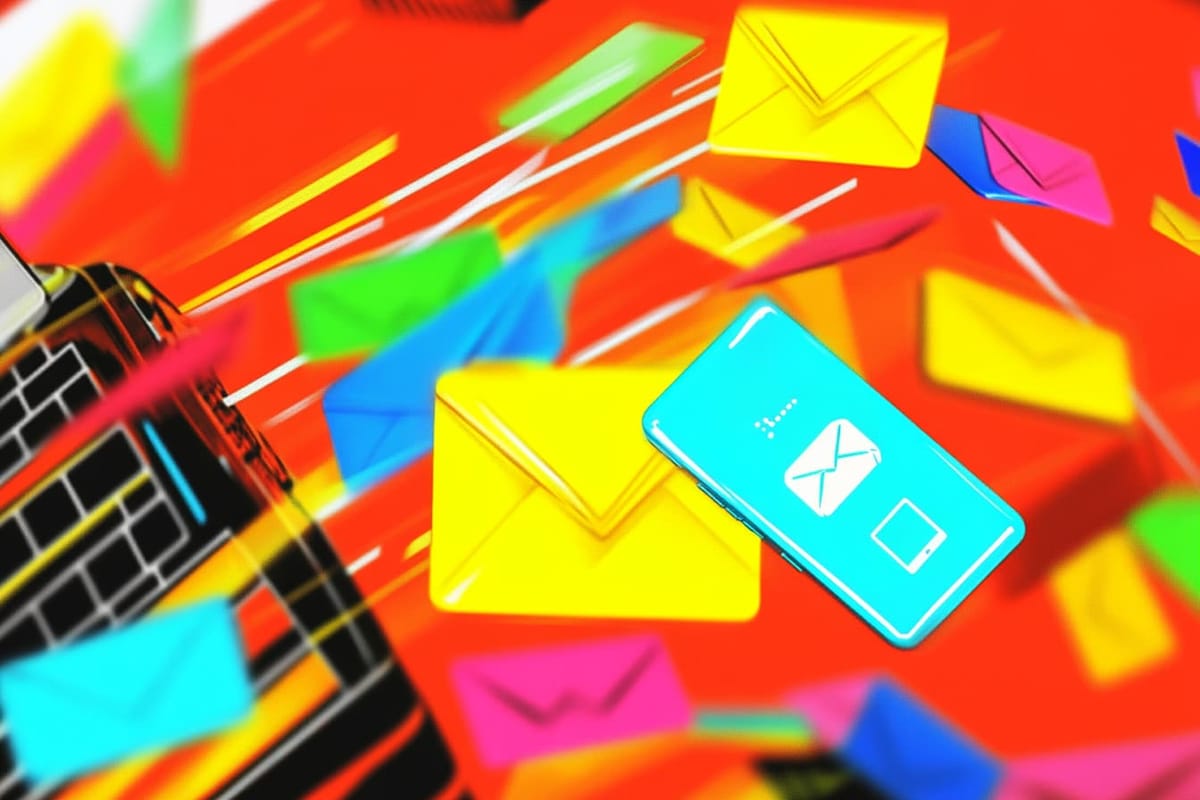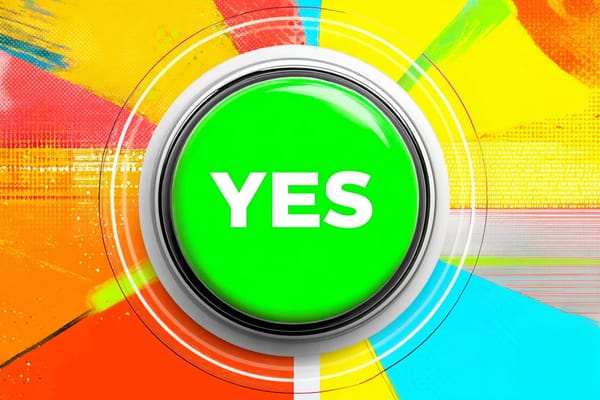Create a System to Maintain Your Relationships
A contact management tool can help.

If you’re like me, you have hundreds if not thousands of connections. If you look across the vast expanse of people, you’ll have friends, your kids’ teachers and coaches, your colleagues, and more. That doesn’t even touch any people you may have met only online through a social platform like LinkedIn.
Reactive communication is fine (they reach out, you reply). Proactive communication can strengthen those relationships — especially if you rely on your network for your career.
But planning thoughtful and timely communication is hard when your connections are spread between multiple email accounts, social networks, and your phone’s saved contacts. A contact management tool can pull all of your contacts into a unified view. You can easily track everyone in your network, add notes, and create a system of consistently reaching out.
What is a personal CRM?
For a long time, I relied on my brain to remember how I met someone, the last time I saw them in person, the type of work they do, etc. It was admittedly an imperfect system, especially as my professional network grew and my kids got older and were involved in more activities.
Customer relationship management (CRM) systems have been used by businesses for years. Apps like Salesforce and Hubspot are used by sales reps and other people within companies to keep track of their relationships with prospective and current clients.
A personal CRM is similar but designed for an individual rather than a team. Apps like Clay and Dex will sync your contacts from all of your sources and then let you organize your contacts into groups, set a reconnect frequency, add reminders, and more. They’ll enrich your contacts with information from social media platforms and you’ll be able to see a history of emails and calendar events.

Tips for using a personal CRM
Having a single view of all of your contacts is exciting by itself (birthday reminders! work and personal contacts in one place!), but the real power comes from using the CRM.
Notes: I’ll add notes to my contacts all the time. While my CRM will sync email communications, a lot of my interactions occur in DMs or in person. I’ll add this context: what I talked about with the person and when. Calendar events will also sync, but I’ll add notes about what was discussed. I also add different tags to my contacts, depending on how I know them. That way, I can see all of my contacts in one group, such as a list of fellow freelance writers or everyone I know from a former job.
Linking: You can also link related contacts, like spouses or colleagues. I’ll add notes to my CRM, like “so-and-so introduced me to so-and-so” using an @ mention, and then the contacts are tied to each other. It helps me remember how I know different people, and how they’re connected.
Touch Base Frequency: You can also set a frequency for touching base with people. If it’s a distant friend, maybe you want a reminder to check in every few months. If it’s a prospective client, you might set a reminder for every few weeks. I’ll also add reminders for specific dates/times rather than a recurring frequency.
I’m self-employed, so building connections is critical for my work, but even if you’re working for an employer, you benefit from maintaining your professional network. In a professional environment that has been ravaged by layoffs, you want those connections so you can ask for intros or professional references, if needed, and not have it come out of the blue.
Getting started with a personal CRM
When you first sync your contacts to a personal CRM, it can be overwhelming. Between my email, Facebook, LinkedIn, and Twitter, thousands of people were automatically added — and not all of them were relationships I needed to maintain. The automatic import is still better than adding contacts manually, but your CRM can feel like a chore if you focus too much on the cleanup.
Instead, focus on cleaning up as you go. Merge duplicate contacts as you find them and interact with them.
The best way to use a personal CRM is to make it part of your daily routine. Open it up every morning and look at your list of people to reach out to and any reminders you have. Do your outreach, make your notes (including any interactions that may not be reflected, like DMs), and move on with your day.
Over time, you’ll see the benefits when you’re reminded to reach out to someone every few months or can quickly jog your memory when talking with someone in real life. Totally worth putting in a little time each day.
Check out my free eBook: 17 Smart Tools Solopreneurs Need to Start, Grow, and Scale.






